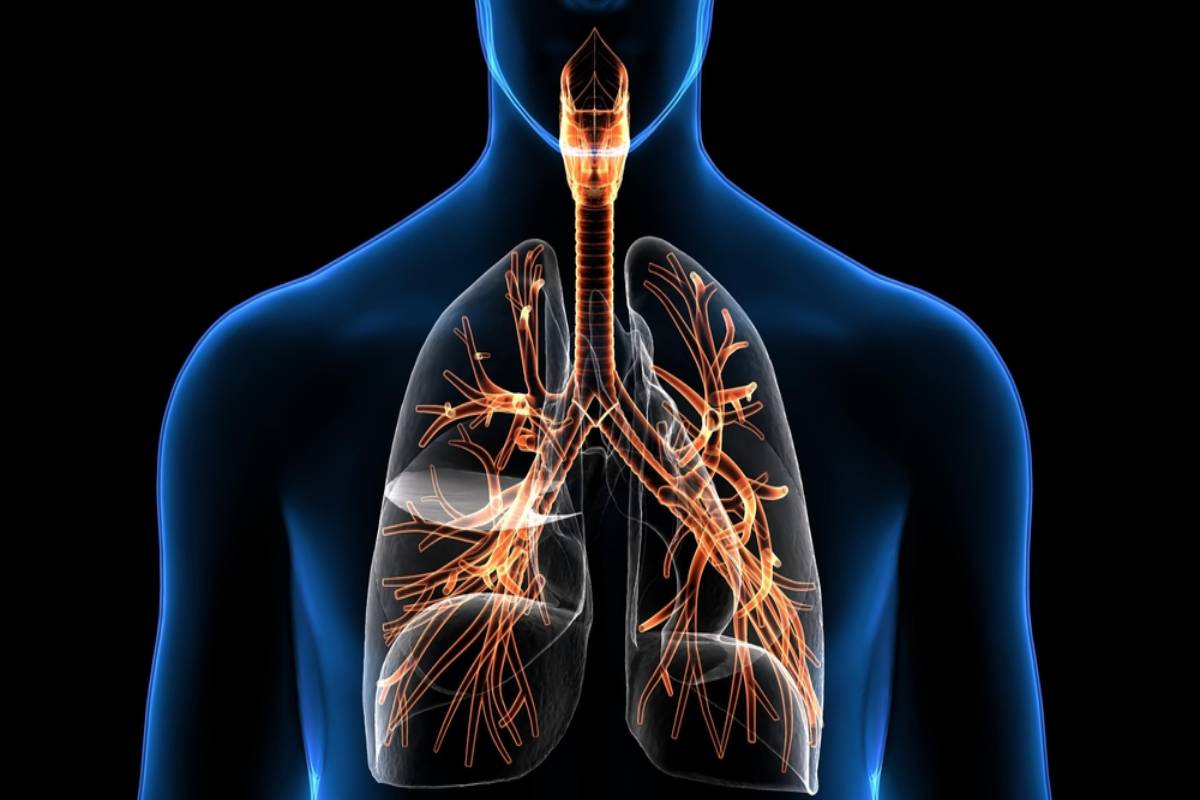Fire at Chandannagar hospital
Panic gripped Chandannagar hospital when a fire broke out due to short circuit, which developed in an air conditioner installed in the OT.
While air conditioning (AC) provides much-needed respite in the scorching summers when mercury is soaring high, its prolonged use may also raise several health risks including skin and respiratory problems, warned doctors on Sunday.

Prolonged use of AC may raise risk of dry skin, asthma attacks: Doctors
While air conditioning (AC) provides much-needed respite in the scorching summers when mercury is soaring high, its prolonged use may also raise several health risks including skin and respiratory problems, warned doctors on Sunday.
With the advent of rapidly growing urban regions and income growth, more people are using ACs to protect from high heat exposures. It usually works on the principle of cooling air by reducing the humidity following condensation of the water vapour.
“Prolonged exposure can cause a lot of health hazards ranging from dry, flaky and stretched skin to headaches, dry cough, dizziness and nausea, trouble concentrating, fatigue, and sensitivity to odours,” Suhas H S, Consultant Pulmonologist, Manipal Hospital, Bengaluru told IANS.
Advertisement
It may also worsen respiratory diseases such as allergic rhinitis and asthma, and raise the risk of infections if AC is not maintained adequately, added the doctor.
The health experts advised to avoid prolonged exposure to the cold.
“The medical problem associated with air conditioning is that they do not have proper filtration, the ideal HEPA filters which are recommended or they’re in very few branded good company air conditioners. Lack of this chokes the filters due to pollution, and increases the risks for infection,” M Wali, Senior Consultant, Department of Medicine, Sir Ganga Ram Hospital, told IANS.
“The risk is more in commercial Heating, ventilation, and air conditioning (HVAC) set up than home AC setups. Though not much data is available regarding home AC cooling systems and bacterial contamination, certain bacteria do form biofilm on the cooling coils and may lead to infections in humans exposed to AC for more than 90 per cent of time,” added Satish Koul, Senior Director & Unit Head, Internal Medicine, Fortis Memorial Research Institute, Gurugram.
An example may be legionnaires disease — a severe form of pneumonia. Legionnaires disease was discovered based on the contamination of water in the HVAC system and consequent aerosol mist leading to the spread of the atypical bacteria, Satish told IANS.
Further, suddenly walking into a cold AC room from exposure to severe heat, may cause bronchoconstriction — narrowing of the airways, said Wali. This may be more prominent in people with asthma.
The experts suggested proper cleaning of AC filters and switching off ACs every two hours.
Advertisement